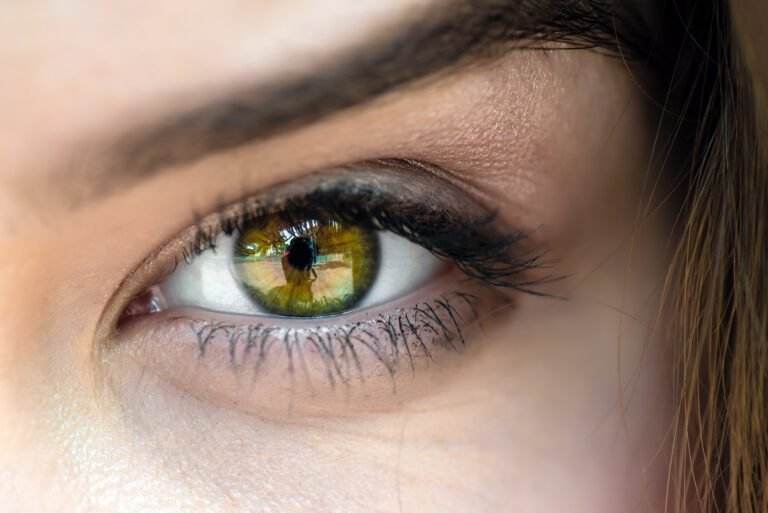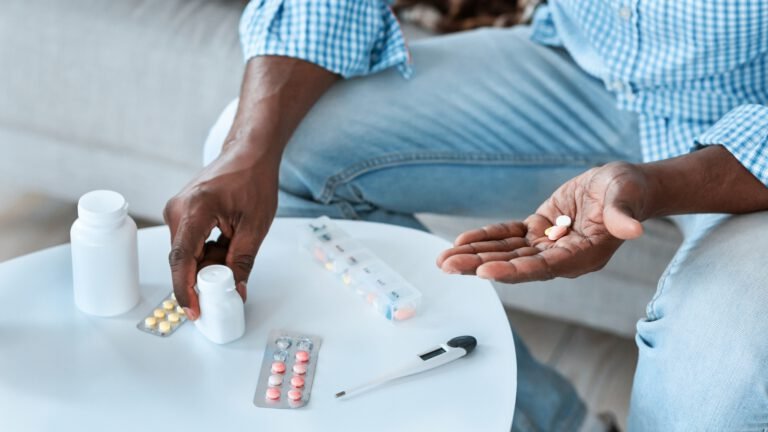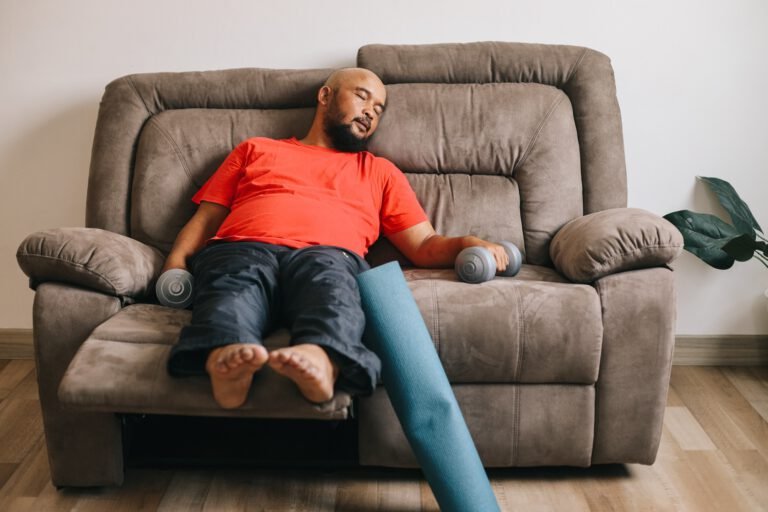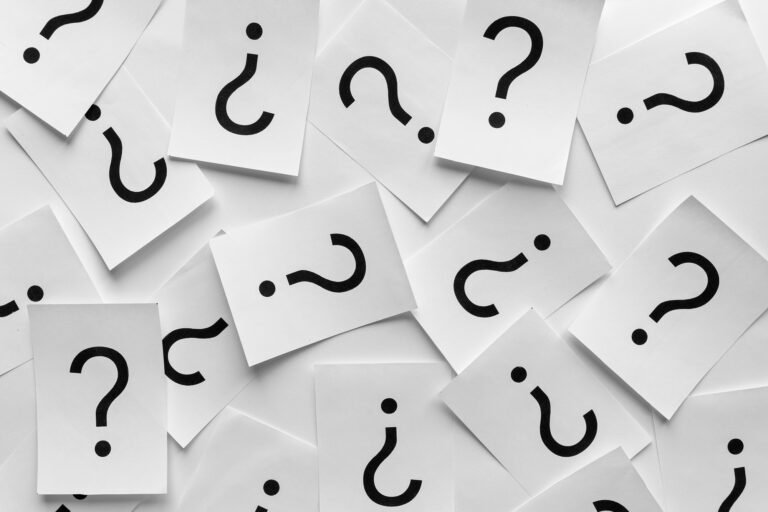ADHD is a neurodevelopmental disorder that doesn’t vanish with age, but its symptoms can shift over time. Factors like awareness, environmental demands, and brain maturation influence how ADHD manifests in adulthood.
Can ADHD Get Worse Without Treatment?
Yes, untreated ADHD can lead to worsening challenges, but this isn’t always about the symptoms themselves intensifying. Instead, it’s about the cumulative effects of unmanaged ADHD—relationships strained by impulsivity, career setbacks from disorganization, or health issues stemming from forgetfulness (like missing appointments). These compounding problems can feel overwhelming, creating a cycle of stress that might mimic worsening ADHD.

However, worsening symptoms aren’t inevitable. Some people, like me, find that awareness and self-education soften ADHD’s disruptive edge even without treatment. Still, untreated ADHD leaves you vulnerable to its full impact, particularly in demanding phases of life.
Can ADHD Get Better With Age?
It can, but “better” is subjective. For me, managing ADHD improved with late diagnosis and the self-awareness that followed. Here’s what might contribute to this trend:
1. Brain Maturation
Research shows the prefrontal cortex, critical for impulse control and executive functioning, continues to develop until about 25 to 30 years old. This natural process can bolster emotional regulation and decision-making in adulthood, softening the impact of ADHD.
2. Coping Strategies and Awareness
After my diagnosis, I began recognizing my triggers and adapting to my needs. Simple techniques—like time-blocking and using visual reminders—helped me reclaim control. Awareness creates room for intentionality, even when life feels chaotic.
3. Lowering of Environmental Pressures
In adulthood, I gained more control over my environment. Unlike the rigid demands of school, adult life allows me to structure my day to suit my ADHD brain. For example, working during my peak focus hours instead of conforming to a strict 9-to-5 schedule made a world of difference.
4. Shifting Symptom Profiles
While hyperactivity often wanes, other symptoms like emotional dysregulation or forgetfulness can persist or even feel more noticeable. This might explain why ADHD feels different but not necessarily worse over time.
What Research Says About ADHD and Age
Studies back up the idea that ADHD changes with age but rarely disappears. A 2018 study published in JAMA Psychiatry suggested that about 65% of children with ADHD continue to experience significant symptoms as adults. However, symptoms like hyperactivity are often replaced by a sense of restlessness.
There’s also evidence that awareness plays a key role. A study in Neuropsychiatric Disease and Treatment highlights how late diagnosis often coincides with greater self-reflection, which can lead to more effective coping mechanisms.
Does ADHD Get Worse With Age Without Treatment?
It depends on your life circumstances. ADHD can feel worse during transitions or periods of heightened stress (like starting a new job or becoming a parent). Without treatment or strategies in place, these phases might overwhelm the brain’s ability to cope. However, many people find that knowledge, support, and adaptability can mitigate this effect.
Reflecting on My Own ADHD Journey
When I compare my life before and after diagnosis, I see how much of my improvement stems from self-awareness. Knowing my brain works differently has helped me tailor my environment and adopt coping strategies that suit me. While brain maturation likely played a role, it’s my proactive efforts—like learning about ADHD and creating systems for myself—that have truly made the difference.
Takeaways
- ADHD can feel worse or better with age, depending on factors like self-awareness, environmental demands, and treatment.
- Natural brain development can improve certain symptoms, particularly executive function, but emotional challenges and inattentiveness may persist.
- Without treatment, ADHD’s cumulative effects can feel overwhelming, though awareness and intentionality can still foster improvement.
If you’re navigating a similar journey, lean into self-education, support systems, and tailored strategies. Whether through treatment, awareness, or a combination, there’s always room to grow with ADHD, no matter your age.
Want to learn more about ADHD and brain development? Check out these resources:










